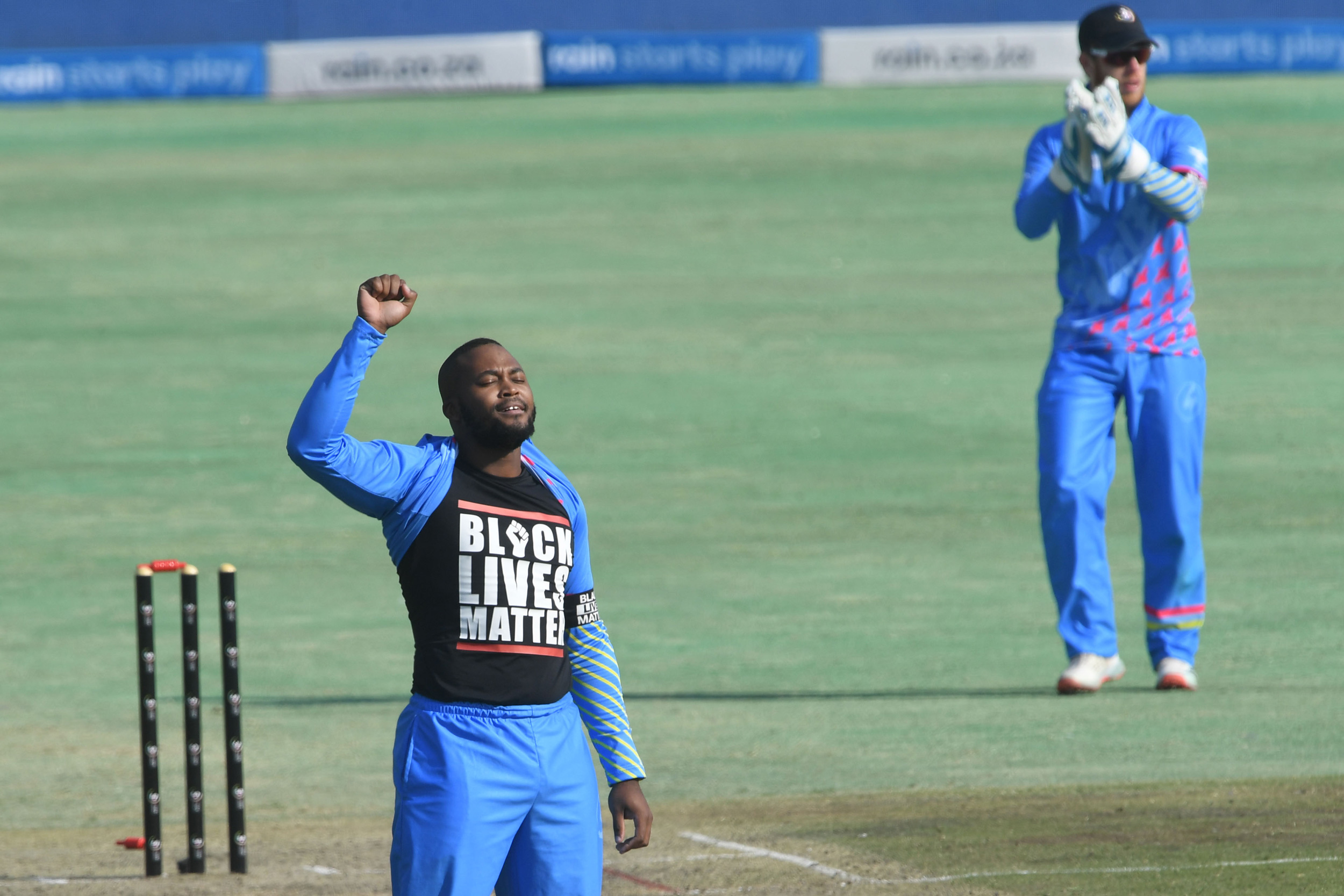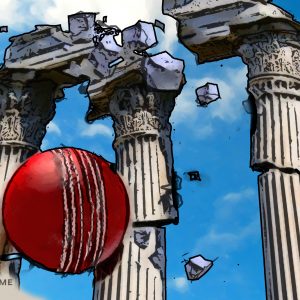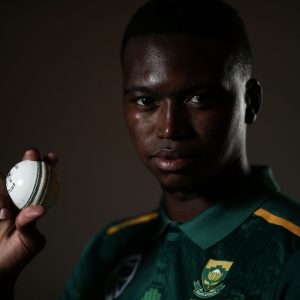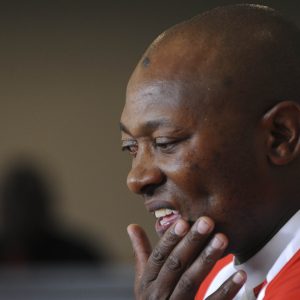Why has SA cricket not changed under black leaders?
For two decades, Cricket South Africa has been mainly in the hands of black leadership. Why then have the organisation and cricket in the country hardly transformed?
Author:
19 August 2020

What with its reputation for being a white old boys’ club, it may come as a surprise to many that the last time Cricket South Africa (CSA) had a white leader was 20 years ago, when Ali Bacher and the aptly named Ray White were respectively the chief executive and the president.
There were acting cameos by Willie Basson (as president) and Jacques Faul (twice) – who stood in for chief executive Thabang Moroe, who is facing misconduct charges – but CSA has theoretically been in black hands for the last two decades. Faul resigned on 17 August along with president Chris Nenzani.
I say theoretically because if its transformation record – or lack thereof – suggests anything, it is that meaningful diversity and inclusivity are not things you achieve by merely introducing a few black figures to the equation.
Like most of the so-called white sports in this country, CSA takes its cue from corporate South Africa, where window-dressing in return for a box-ticking BEE scorecard has been known to suffice when it comes to the incredibly low bar reserved for integration.
Related article:
And so, 28 years after our so-called unity, we are stuck in a vicious cycle of lip-service and transformation by the numbers. It also doesn’t help that practically all CSA administrations appear to have pushed a racial narrative in their hiring and firing.
When Haroon Lorgat was CEO, the grumbling from the rest of the cricketing community was that a “Muslim Cabal” had taken over. What with narrative guaranteed to trump the truth in these situations, one can’t begin to get to the bottom of that.
But the appointment of African administrators to similar positions when Moroe replaced Lorgat felt a little like a correction of perceived wrongs. At this juncture one has to ask, was it not social engineering that got us here in the first place?
The organisation appeared to have come full circle when at one point three-quarters of its four leadership pillars white: former acting CEO Faul, director of cricket Graeme Smith and Proteas head coach Mark Boucher. Only former president Chris Nenzani was the highest ranked black person in leadership.
Smith and his friends
Black cricket fans see the situation as a white takeover, and Smith hasn’t helped alter that view. At times he has displayed some of the tone deafness that saw him completely miss how unhappy his champion fast bowler Makhaya Ntini was in the Proteas team he captained. And in entrusting former teammates Boucher and batting consultant Jacques Kallis with turning the Proteas’ prospects around, he doesn’t appear to see a conflict of interest in the fact that he has appointed his friends into the organisation’s top posts.
But to lay the blame for cricket’s latest racial flashpoint entirely at the door of the new arrivals is to ignore decades of a combination of hamfisted attempts at transforming, deliberate fronting by various administrations and rampant entitlement by the game’s so-called traditional base.
Faul has cautioned that – assuming Moroe loses his case – the optics wouldn’t be great under the current climate of racial recrimination if the organisation’s next CEO was white.
Related article:
As sensible as that sounds, it’s actually more a case of cricket worrying about how it looks as opposed to what it is.
SA Rugby Union’s director of rugby Rassie Erasmus, whose rare ability to make what is a chess-in-boots pursuit sound positively standard grade saw him lead the Springboks to World Cup victory last year, has a favourite saying about keeping the main thing – the rugby – the main thing.
He was then recently quoted saying such blindingly obvious stuff as: “If you see transformation as a black or coloured guy taking a white player’s spot, then you’re looking at it the wrong way – and you’ll never coach a successful team if it’s not transformed.”
CSA can learn a lot from Erasmus’ approach.
Cricket’s attempts to heal its past
With its Cricket for Social Justice and Nation Building initiative, CSA has entered its own version of the Truth and Reconciliation Commission, complete with a proposed transformation ombudsman’s office.
There may be a temptation to snigger at that, given how little the actual TRC is seen to have achieved. But for the first time, cricket has established a forum of confronting many of the uncomfortable conversations it’s clearly not had.
This is important because the many different transformation directions in which CSA has struck out over the years have, to varying degrees, neglected the human element to it.
With several administrations having opted for one programme and another without necessarily getting buy-in from its so-called traditional base, what does CSA do to ensure that the penny finally drops and meaningful integration is achieved?

Omphile Ramela, the erudite Lions batsman who is also the South African Cricketers’ Association president, was forthright in his estimation of what needs doing when recently interviewed.
“We’ve never really implemented any transformation initiative with intent,” he told City Press. “One of the things we miss in South Africa is that to achieve diversity you have to be intentional, you don’t get to it by hoping…
“The solution is simple. Where values, culture and religion differs, people are naturally going to want to defend their territory. And anybody in a position of privilege doesn’t hand it over. It’s like if you’ve got money, why would you give it away?
Related article:
“But in South Africa we have the law because it filters the emotion of how the various groups feel and says ‘that which is best looks like this’. South Africa is one of the few countries in the world where the Black Lives Matter movement is legislated.
“It is policy, it is the law and the least we can do is implement it. There is an unwillingness to do so and … all institutions need to be held accountable to implementing the law. For cultural integration, the time has long gone for black people to ask how we should work together.
“If they’re serious about creating an inclusive society, white leaders are the ones who have to cross the Rubicon, extend themselves and ask: how do we make this a better society? White leaders must hold other white people accountable.”



